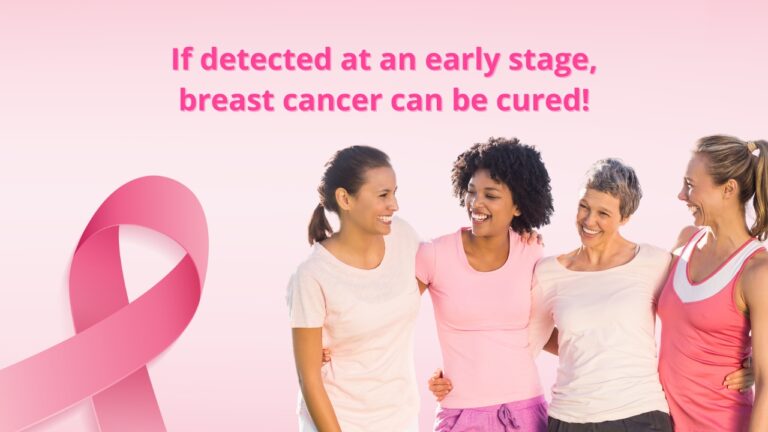Summer is a time for fun in the sun, but it’s also a time when certain injuries and illnesses may be more common. Time spent outdoors around water, in the woods, and playing sports can lead to injuries, sunburn, dehydration, food poisoning, and other ailments. Here is a list of some of the most common ones and how to identify and treat them.
Heat-Related Illness
As the temperatures start to rise, it is important to be aware of the signs and symptoms of heat-related illnesses such as heat stroke, heat exhaustion, heat cramps, and heat rash. You can learn about each of these here.
People can protect their health when temperatures are extremely high by keeping cool and using common sense. Drink plenty of fluids, replace salts and minerals, wear appropriate clothing and sunscreen, pace yourself, stay cool indoors, schedule outdoor activities carefully, use a buddy system, monitor those at risk, and adjust to the environment.
Burns
You minimize the chance of getting burned by being careful. For example, don’t quirt lighter fluid on a live campfire or grill. If you get burned, hold the burned area under cool (not cold) running water for ten minutes or apply a cool, wet compress until the pain eases. You may also try over-the-counter burn salves or gels. If you have any blisters, do not break them! Fluid-filled blisters protect against infection. If a blister breaks clean the area with water and apply an antibiotic ointment. If you need pain relief, you might take an over-the-counter pain medication. For more serious burns seek immediate medical care.
Sunburns
Getting sunburn is literally “a burn of the skin”, although unlike a contact burn, sun damage has already occurred before signs have appeared. In contrast to how you immediately react to touching a hot pan by pulling away, there is little immediate discomfort from spending hours in the direct sun and all the warning signs of over-exposure are missed. Hours later the discomfort will come with a bright-red sunburn. If this type of damage is allowed to happen over and over, it is possible that damage to your skin may result in cancer.
Here are five rule to avoid damage from the sun:
- Avoid the sun between 10 am and 4 pm. This means staying in the shade or indoors. You definitely don’t want to schedule a pool party around noon.
- Wear a hat with a large brim that will cover your face and neck. Studies show that most skin cancer occurs in this area, so make sure the brim goes all the way around. Baseball caps will not prove the protection you need and trucker’s caps look as silly today as they did 15 years ago.
- Wear sun-protective clothing with a tight weave. Nowadays you can find clothes labeled for UPF – “ultraviolet protective factor”.
- Sunscreen is a must!
Reapply every few hours while you’re active and absolutely reapply after a swim. Use sunscreen that protects against UVA and UVB damage and has an SPF (Sun Protection Factor) of at least 15. The higher the SPF, the higher the level of protection. - Wear sun-protective eyeglasses to prevent eye damage and cataracts.
Here’s how you can treat sunburn:
- Take cool baths or showers to relieve the pain. Gently pat dry but leave a little moisture on the skin. Since your skin is bound to dry out, now is a great time to start applying some moisturizer all over.
- Use a moisturizer with aloe vera. You can even spread aloe vera sap on your skin from your own plants. “Do not treat sunburn with ‘-caine’ products (such as benzocaine), as these may irritate the skin or cause an allergic reaction.” – aad.com
- Take a pain reliever such as aspirin or ibuprofen to help relieve the swelling and discomfort (avoid if you have been drinking alcohol).
- Drink water! That sunburn is going to dry out your skin. Drinking water is a great way to put it back into your system.
- Don’t pop any blisters that form! Seriously, leave them alone.
- Stay out of the sun uncovered while your skin heals.
Food Poisoning
The summer heat can make food go bad faster. Food such as eggs, mayo, burgers or hot dogs that are left unrefrigerated for too long are at risk from bacteria such as salmonella or e-coli. If you feel abdominal pain, nausea, or light-headed or have diarrhea, you are likely dehydrated and should see a doctor who may need to give you an infusion.
Sports Injuries
Injuries occur every day, but there is usually an increase in accidents during the summer months. Wondering what to do if you’ve sprained an ankle or strained a muscle playing sports? One rule is if you can walk on it immediately for four or five steps, it’s probably not broken. If you think you’ve suffered sprain or contusion (bruise), rest the injured area, elevate it, apply ice and compression if you can. Wrap an Ace bandage around your ankle, or a sock with plenty of elastic. Anti-inflammatories can also help.
If it continues to hurt where it feels weak, any numbness or tingling, or at any point, you can’t use it where you could previously, you should seek medical attention. FirstMed is now offering Saturday hours, specifically for sports medicine.
Bug Bites
In Hungary, most of the concern with bug bites involve mosquitoes and ticks.
Mosquitoes are one of the most annoying summer insects. They can also carry bacteria and viruses that cause illnesses. To avoid being bitten by mosquitoes, it’s important to wear light-colored clothes and wear mosquito-repellent if you can. You should also avoid going outside during peak mosquito hours (like dawn and dusk when the wind is the stillest). With mosquito bites, anti-itch creams should usually do the trick. But if swelling is severe, see a doctor.
With tick bites, the tick actually seeks to burrow beneath the skin, so you should check for any lump that starts to increase in swelling. If you opt to remove the tick yourself, be careful to get the entire tick, not breaking part of it off to remain embedded under the skin. And if you don’t know how to remove it, or think you can’t without breaking part of it off, see a doctor who can help.




